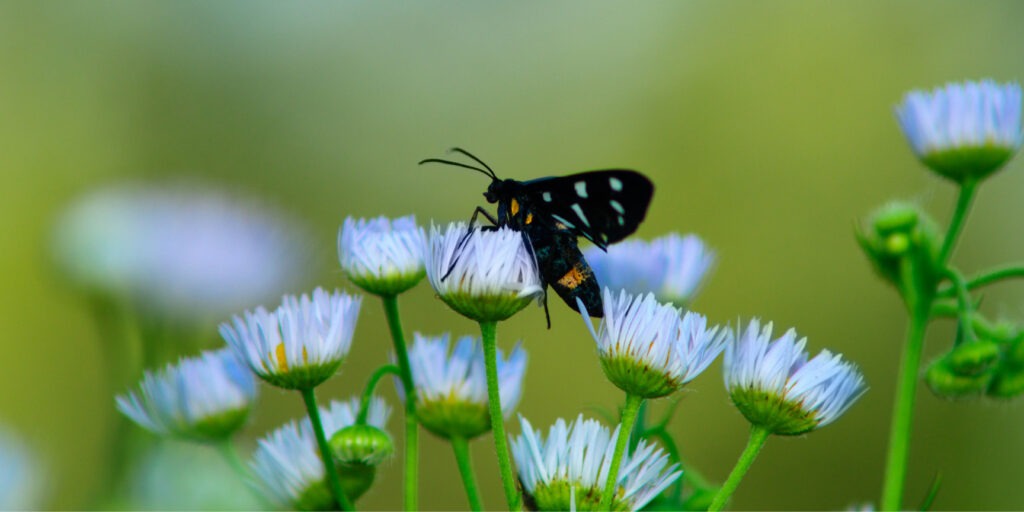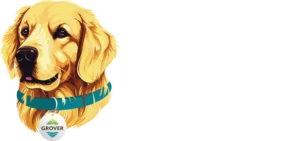Lawns and turfgrasses, in general, provide a home for a diverse number of insects and microorganisms that represent their small aspect of the food chain. Most of these are harmless and some are even beneficial. The challenge for turfgrass managers and homeowners is finding a balance between a healthy lawn and an acceptable threshold of some insects that could harm your lawn.
In East Tennessee, there are only a few turf insects that can become a concern if their populations get out of control. The first group consists of beetle larvae, representing various beetle species. While the adult beetles do not harm the turf, their larval stage, known as white grubs, poses a threat. Emerging from beetle eggs in the soil, these grubs can feed on the grass roots, causing damage. Most of the damage can occur in July through September. Control of these grubs is usually carried out in May by using a preventative insecticide application that only targets the larvae of those specific beetles. The use rate of this insecticide is very low and safe for humans and pets once the turf is watered or the product dries.
The second type of insects are some moth larvae, such as cutworms and sod webworms, that can do damage to turf. This moth larvae can be controlled by using the same preventative insecticide application used for white grubs. Using preventative insecticides has long been an encouraged practice because the use rates are so low compared to curative applications once the damage has already begun.
During 2021 in East Tennessee, we saw an outbreak of armyworms that was one of the worst on record for this area. Armyworms are also moth larvae but usually do not stay in Tennessee during the winter. Instead, they travel further south to coastal areas. Every year some of the moths travel here to lay eggs in trees and hard surfaces, and once they hatch, they crawl down and feed on grass leaves. Most years they are not even noticeable here in Tennessee, but in 2021 there was an extended spring in coastal areas of Florida, Alabama, and Texas that caused populations to explode, followed by a mass migration North.
These are just a few of the most common pests that can damage lawns here in East Tennessee. As stated before, the best defense against these pests is preventative treatments that stop the pest before it has a chance to do any damage. By doing this we are using a lower amount of product, which means it is much more cost-effective than curative treatments. It’s worth noting that modern product chemistry is safer and more tailored to target specific pests, without harming beneficial insects like earthworms and pollinating bees. They also do not move in the soil and are broken down naturally by microorganisms after a short period.
If you have any questions, please feel free to reach out to our professionals here at Grover Turf Care.




